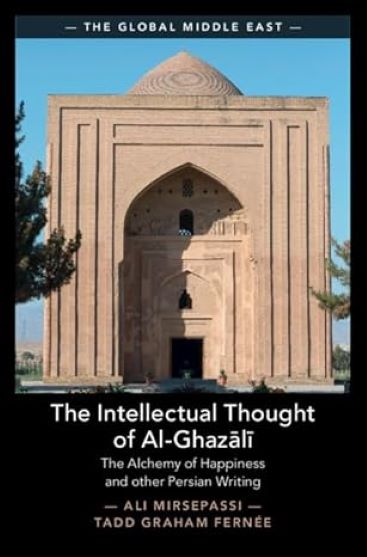Mes Livres
Découvrez mes ouvrages
Nouveau
The Intellectual Thought of Al-ghazali
Abu Hamid Muhammad al-Ghazālī (1058–1111) was one of the most influential philosophers of the classical Islamic period, with his intellectual innovations spanning the fields of theology, logic, and law. Despite this, contemporary assessments of Ghazālī often present him as hostile to rationality, and a guardian of dogma and orthodoxy. This study provides an innovative reassessment of Ghazālī's legacy, offering a compelling depiction of a reformer in his own time with increasing relevance to the issues gripping multicultural and globalized societies today. Ali Mirsepassi and Tadd Graham Fernée closely study Ghazālī's major Persian-language text Kīmīyā-e saʿādat (The Alchemy of Happiness) and its scholarly reception, alongside his lesser-read works, arguing that Ghazālī shared a message of reform, and critique of Abbasid institutions. Ghazālī's critical stance is revealed as both pragmatic and cosmopolitan in its recognition of autonomy from religion in many aspects of life, and in the value placed upon scientific contribution.
Acheter sur Amazon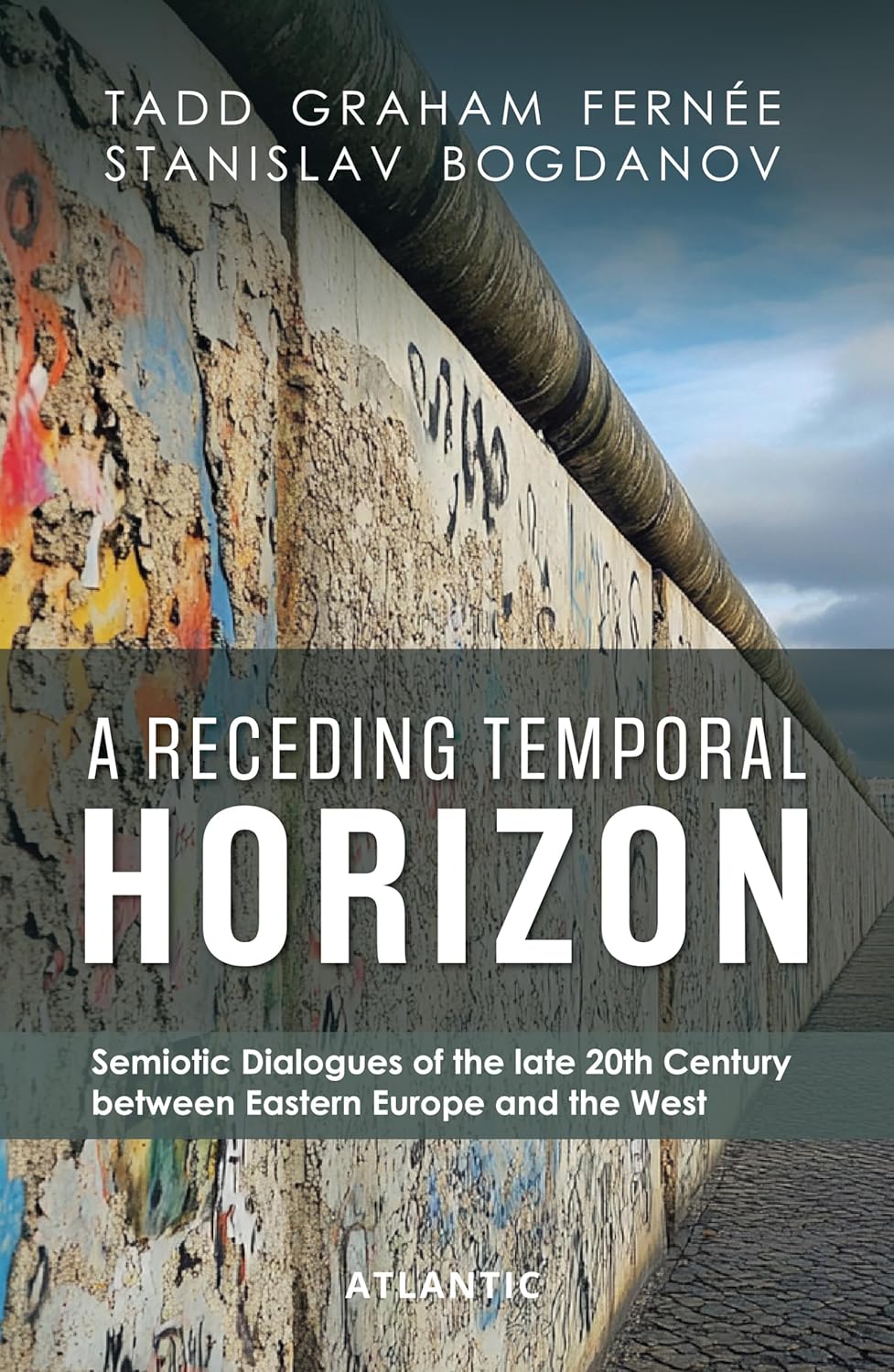
A Receding Temporal Horizon: Semiotic Dialogues of the late 20th Century Between Eastern Europe and the West
Receding Temporal Horizon analyses Eastern Europe's societies, histories and traditions, too frequently reduced to trivialized images in the Western cultural imaginary. It testifies to the distinctive social experiences of thinkers that pivotally reshaped key 20th-century semiotics, explaining how meaning and value are collectively constructed by hinging on the horizon of time. Fernée and Bogdanov's semiotic study begins with the Renaissance, which led to the bifurcation of Eastern and Western Europe into dual semiotic realms. The authors analyse Eastern European thinkers like Koyré, Bakhtin, Todorov and Kristeva, whose semiotic works challenge Western assumptions about universal experience. They also examine three significant 20th-century meaning and value production theories: structuralism, pragmatism and poststructuralism. The reassessment concludes with Yuri Lotman's vision of the Renaissance as centring a multi-sided Bakhtinian individual. Challenging cultural studies assumptions about a homogeneous and logical modernism spreading from the West to the world, they expose a double consciousness where “cross-fertilisation” is the germinal force in all cultural growth.
Acheter sur Amazon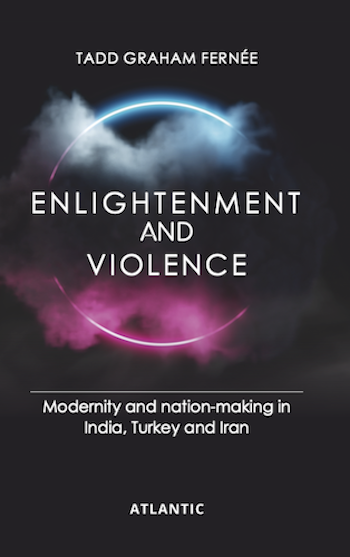
Enlightenment and Violence: Modernity and Nation-Making in India, Turkey and Iran
Enlightenment and Violence is a history of ideas that proposes a multi-centred and non-Eurocentric interpretation of the Enlightenment as a human heritage. This comparative study reconstructs how modemity was negotiated in different intellectual and polifical contexs as a national discourse within the broader heritage of Enlightenment. The author has compared l6th and 20th century Indian history to the early modem histories of Persia, Turkey and Western Europe in orderio ground analysis of their 20th century nation-making experiences within a common problematic. The focus is upon an ethic of reconciliation over tota izing projecis as a means to create non-violent conflict resolution in lhe modem context, It is suggested that an emergent ethic of reconcilation in nation-making inspired by the indian paradiom-harbours the potential ta create more democratic and open societies, in rejection of the authoritarian patterns that too frequently shaped the experiences of the 20th century.
Acheter sur Amazon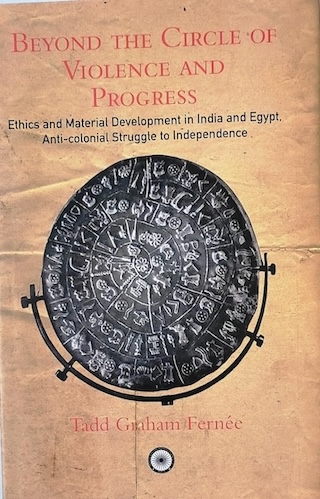
BEYOND THE CIRCLE OF VIOLENCE AND PROGRESS
BEYOND THE CIRCLE OF VIOLENCE AND PROGRESS : Ethics and material development in india and Egypt. anti-Colonial struggle to Independence.
This history chronicles the “scientific temper” in modern Indian political thought, linking the
prolonged multi-cultural Indian freedom struggle to the post-independence Nehruvian experiment in
democratic pluralism. The links between activists like al-Afghani, the 1857 rebellion, and Egypt’s Urabi
Revolution, amidst India-Egypt uprisings, provide the transnational context. The “scientific temper” is
traced through Ambedkar’s reconstructed Indian Buddhism and Tagore’s reconstructed Hindu-Muslim
“composite culture”, both seminal imaginings of post-independence India, as well as its antithesis in
such anti-Enlightenment discourses as Iqbal’s Heideggerian reconstruction of Indian Islam. The
“scientific temper” enabled Nehruvian India to build a single national political track through universal
franchise, a historically unprecedented power transfer, rooted in a Gandhian ahimsa, a reconstruction
of the French revolutionary heritage centring non-violent civilian inclusion. The specificities of national
movements, not merely the imperial legacy, explain post-independence trajectories. Nasserite Egypt
and Nehruvian India experienced distinctive cumulative pathways: from Muhammad Ali’s military
modernization and thwarted Urabi attempts at democratic socialist revolution, to Nasser’s
championing of military dictatorship, longue durée combinations of political, military, economic and
ideological power determine specific outcomes, in what Karl Polanyi defined as a “double movement”.
By identifying the core elements of the Indian freedom struggle as an original landmark contribution
to universal human emancipation, we simultaneously expose what is stake in contemporary India as
the multi-cultural and democratic paradigm is threatened by reactionary alternatives. The book
methodologically re-examines Amartya Sen, Ranajit Guha, Bipan Chandra and other major Indian
thinkers of the modern era in light of these investigations.
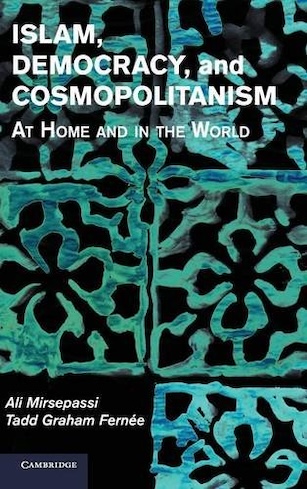
Islam, Democracy, and Cosmopolitanism: At Home and in the World
This book presents a critical study of citizenship, state and globalization in societies that have been historically influenced by Islamic traditions and institutions. Interrogating the work of contemporary theorists of Islamic modernity, this book explores the debate on Islam, democracy and modernity, contextualized within contemporary Muslim lifeworlds.
Acheter sur Amazon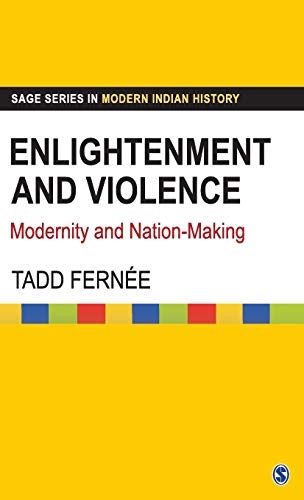
Enlightenment and Violence: Modernity and Nation-Making in India, Turkey and Iran
Enlightenment and Violence is a history of ideas that proposes a multi-centred and non-Eurocentric interpretation of the Enlightenment as a human heritage. This comparative study reconstructs how modernity was negotiated in different intellectual and political contexts as a national discourse within the broader heritage of Enlightenment.
Acheter sur Amazon